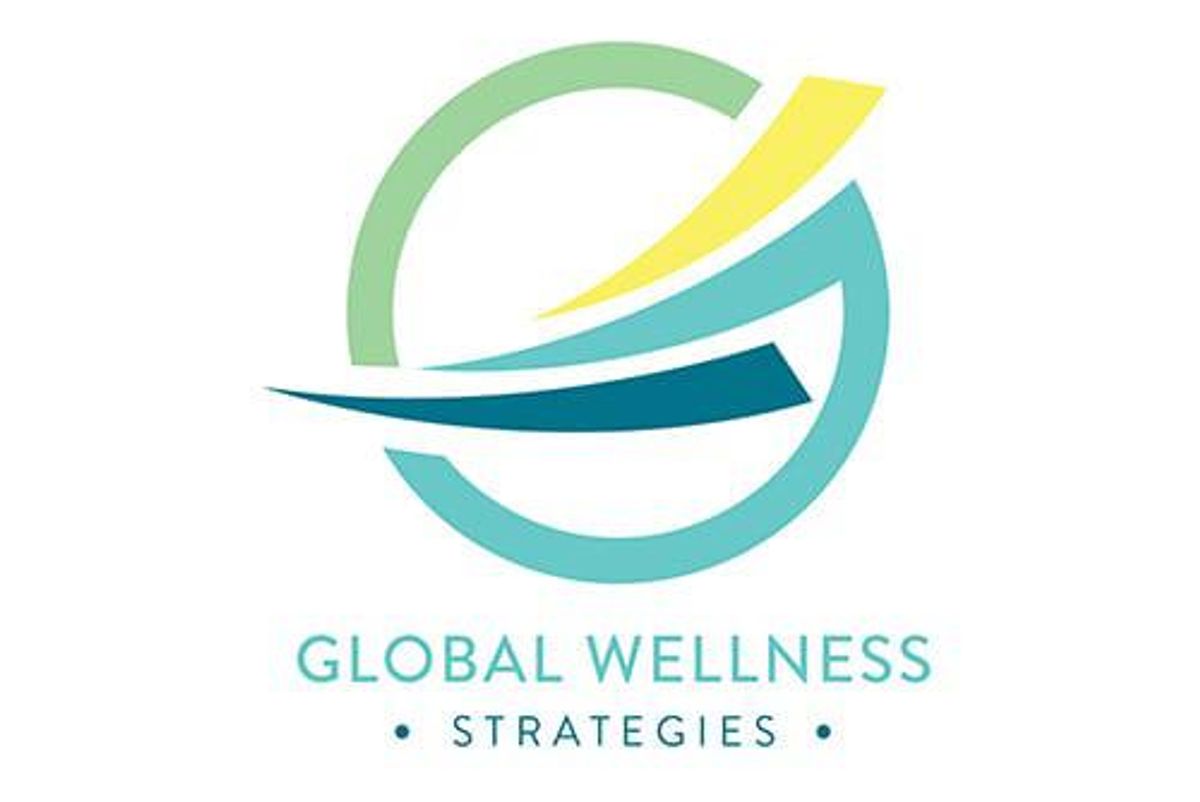Solving the Puzzle of Pain with MDMA Medicines
Global Wellness Strategies Inc. (formerly Redfund Capital Corp.) (CSE: LOAN) (FSE: O3X) (OTCQB: PNNRF) ("Global" or the "Company") is pleased to announce it has signed a binding letter of intent ("BLOI") on July 12, 2021 with Cannvalate Pty Ltd ("CVL") based in Australia to acquire 100% of their wholly owned subsidiary, Shanti Therapeutics Pty Ltd, and all its assets focused on psychedelic MDMA-based drug development. This acquisition is focused on becoming the first and only company solving the puzzle of chronic pain with MDMA-based medicines utilizing clinical trials for the purposes of novel drug development.
The global chronic pain treatment market is predicted to progress at a CAGR of 6.5% from 2020 to 2030 and generate revenue of $151.7 billion in 2030.1
Cannvalate was established in early 2018 by co-founders Sud Agarwal, Asaf Katz and Darryl Davies. CVL is a leader in the science, development and commercialization of cannabinoid-based prescription medicines with a large patent portfolio of novel cannabinoid and psychedelic drugs. Additionally, Cannvalate jointly owns a Contract Research Organisation with a major Australian university specialising in cannabinoid and psychedelic clinical trials which has been researching psychedelic solutions for several years. Cannvalate holds an Australian import license and license to supply schedule 8 poisons (including MDMA and Psilocybin).
Chronic Pain has a significant psychosocial component2 which is not fully addressed by existing analgesics3. To-date, there are no psychedelic drugs that have been approved as analgesics and there is a paucity of literature describing their use in this novel setting4. The team will conduct clinical research on an IP-protected, novel drug, with MDMA as the primary API, with a view to modulate the psychosocial component of pain. After positive confirmation from the proof-of-concept clinical study, toxicology and CMC will be conducted to open an IND (Investigational New Drug) File with the FDA.
The Deal:
The BLOI signed between the Company and Cannvalate sets out the parameters for the proposed transactions and the due diligence period will last 30 days consummating with the signing of a definitive agreement detailing the exact terms of the deal. Global agrees to purchase 100% of all assets and research being developed for MDMA, all licenses, permits, certificates, designs obtained either before or after the effective date of this agreement for common shares of LOAN at a value near CDN$2,500,000; an initial CDN$300,000 in restricted common shares of LOAN will be issued to CVL and the final valuation will be determined during the due diligence period and approved by the board of Global Wellness Strategies Inc. and Cannvalate Pty Ltd. A bonus valuation up to CDN$5,000,000 with milestone terms shall be set between the parties during the due diligence period. Cannvalate's subsidiary Shanti Therapeutics Pty Ltd. ("Shanti") will continue all the MDMA-based work. CVL shall appoint one director to the LOAN board upon the completion of the purchase of the pharmaceutical grade psychedelic solutions. Peak Asset Management will be engaged as corporate advisor and provide capital raising activities, corporate and financial advice in relation to the agreement and shall receive a 2% corporate finance fee on the transaction.
About Global Wellness Strategies
Global Wellness Strategies is a prospect generator that provides high growth companies with financial, operational, and management assistance in the fast-growing market for wellness consumer products. The focus of the Company is on global wellness, psilocybin, mycology, hemp and CBD, healthcare-related target companies.
For further information please visit out website: www.globalwellnessstrategies.com
Or Contact Meris Kott CEO 604.484.0355 or email to info@globalwellnessstrategies.com
Further information about the Company is available on www.SEDAR.com under the Company's profile.
Neither the Canadian Securities Exchange nor its Regulation Services Provider (as that term is defined in the policies of the Canadian Securities Exchange) accepts responsibility for the adequacy or accuracy of this release. Certain statements contained in this release may constitute "forward-looking statements" or "forward-looking information" (collectively "forward-looking information") as those terms are used in the Private Securities Litigation Reform Act of 1995 and similar Canadian laws. These statements relate to future events or future performance. The use of any of the words "could", "intend", "expect", "believe", "will", "projected", "estimated", "anticipates" and similar expressions and statements relating to matters that are not historical facts are intended to identify forward-looking information and are based on the Company's current belief or assumptions as to the outcome and timing of such future events. Actual future results may differ materially. In particular, this release contains forward-looking information relating to the business of the Company, its financing and certain corporate changes. The forward-looking information contained in this release is made as of the date hereof and the Company is not obligated to update or revise any forward-looking information, whether as a result of new information, future events or otherwise, except as required by applicable securities laws. Because of the risks, uncertainties and assumptions contained herein, investors should not place undue reliance on forward-looking information. The foregoing statements expressly qualify any forward-looking information contained herein.
1Global Chronic Pain Treatment Market Analysis and Growth Forecast Report 2020 – 2030
2Pain 1994 Apr;57(1):5-15
3Psychol Res Behav Manag. 2014; 7: 115–124
4Pain 2011 Apr;152(4):717-725
To view the source version of this press release, please visit https://www.newsfilecorp.com/release/90595
